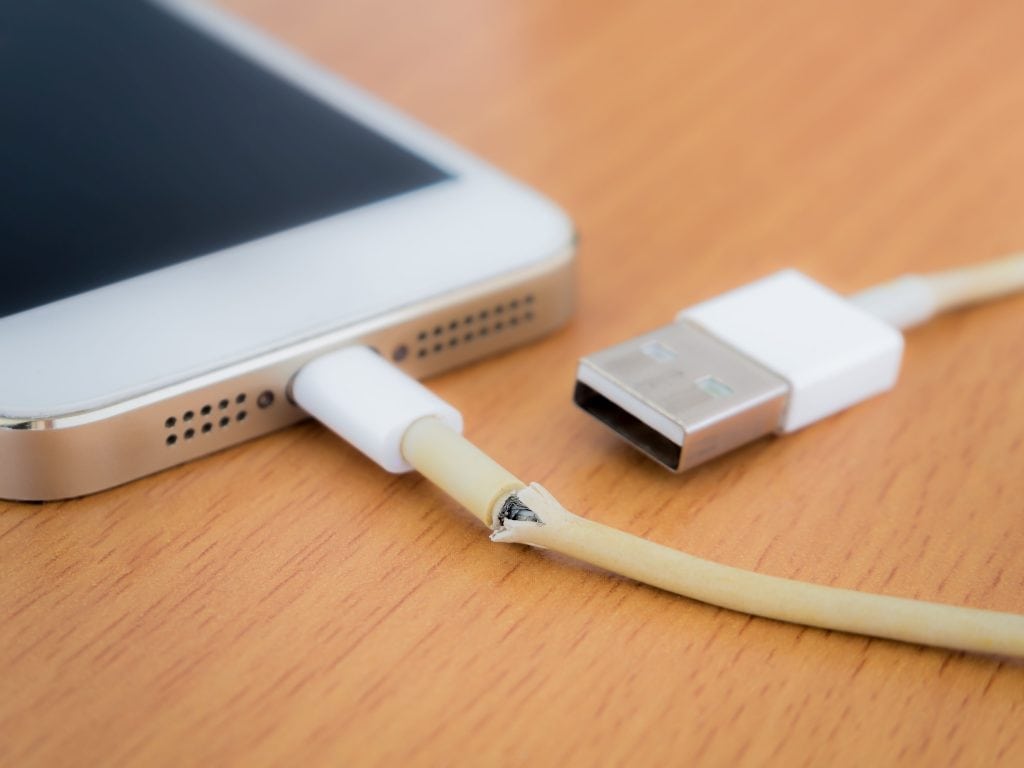Although technology and mass-produced products have made our lives exponentially better, defective products cause severe injuries to people everyday in this country, sometimes resulting in death. Whether the product is a tiny component in a tool, or a large appliance or automobile, a defect can mean high medical bills, lost income, and long-term pain and suffering for victims burned, disfigured, maimed, blinded, or otherwise physically injured by the defective product. Manufacturers and sellers of defective products are liable in strict liability to victims for their medical bills, lost income, and pain and suffering (and, in some cases, punitive damages), but winning a product liability lawsuit generally requires one of the following theories to be proven.
Manufacturing Defect
A common theory for winning a defective product lawsuit is to show that there was a manufacturing defect. What this means is that the specific product that injured you was somehow manufactured defectively.
For example, if a guard cover on a lawn mower blade was not screwed in properly, and it comes off causing the blade to injure you, that would be a manufacturing defect and you could recover damages.
Design Defect
With a design defect claim, the product was manufactured “properly” – meaning there was no error in the actual manufacture of the product – but, at the same time, the product was designed in a way that was not reasonably safe for use by consumers using the product reasonably (even if they use the product in a way not necessarily intended by the manufacturer).
For example, if that same lawn mower was designed without having a guard cover at all, an injured victim could argue that this was a design defect. Of course, most design defects are not this obvious and require the work of a skilled plaintiff’s attorney to investigate the design and make a compelling case for a design defect.
Absence of Effective Warnings
Finally, even if a product was designed properly and manufactured without defect, a manufacturer and/or seller may still be liable if there were insufficient warnings regarding dangers involved with the products. Going back to our lawn mower, if the appliance overheated after three hours of continuous use, and required to be shut down for a few minutes to keep its user safe from burns, this would need to be prominently included in the product warnings to prevent injury. If it was not, and injury ensued, a defective product claim might be successful.
Experienced Defective Product Attorneys in the Inland Empire
At McCune Wright Arevalo, LLP our defective product attorneys have won millions of dollars in compensation for clients all across the country. We have taken on some of the most powerful defendants in the world to win large settlements and verdicts in defective product cases, including lawsuits involving defective automobiles, appliances, and medical devices and drugs. Contact us today to schedule a consultation with one of our experienced defective product attorneys.
